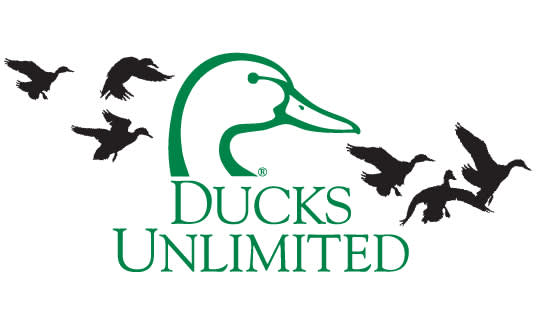Some Hope for Lower Colorado River Basin Stakeholders
Ducks Unlimited 02.18.14

Members of the Lower Colorado River Basin Coalition celebrated a small victory when the Texas Commission on Environmental Quality did not make a determination on the proposed Lower Colorado River Authority’s Emergency Order increasing the interruptible water cut-off trigger to an unprecedented 1.1 million acre-feet. Commissioners referred the issue to the State Office of Administrative Hearings to deliberate the case. The coalition is working to ensure at least some consideration is given to the land, food production, wildlife, businesses and communities that depend on water releases from the Highland Lakes.
“Ducks Unlimited realizes there isn’t enough water to meet all user demands in this extended drought,” said Kirby Brown, DU conservation outreach biologist. “Despite the decimating impact to rice agriculture and the waterfowl that depend on those managed wetlands, we understand the need to withhold water during the previous 2 years.
“Our hearts go out to all who live on the river and deal with the severe, long-term impacts of the drought. What we question is the Lower Colorado River Authority’s ‘emergency’ request to increase the cut-off trigger to over half of the lake capacity (1.1 million acre feet) while continuing to allow non-essential uses like lawn watering and car washing. In fact, the Emergency Order restricts water for agriculture and environmental flows to rivers and bays even when lakes become brim full. This is simply illogical and unjustifiable, and the proposal creates winners and losers instead of balanced water use and shared sacrifice throughout the basin,” Brown continued.
As a member of the Coalition, Ducks Unlimited joined with diverse lower basin citizens to voice the concerns of community, industry, conservation, environmental and economic stakeholders. The currently proposed Emergency Order would stop interruptible water dicharged from the Longhorn Dam for agriculture and for environmental flows for the river and bays. That cut-off would not only devastate the already beleagured rice industry, but also put critical stress on businesses and potentially ravage the environment.
“We realize compromises have to be made in these times, and we must adjust our water planning across the state to deal with growing populations and prolonged drought,” Brown said. “What we find unacceptable is the continued politicization of the issue by upper basin stakeholders and the placement of all sacrifice on the lower basin. There is absolutely no credible scientific justification to raise the trigger point to 1.1 million acre feet. How can LCRA argue that Austin will run out of drinking water if people are still allowed to water lawns and maintain golf courses throughout the year? They even continue to allow unnecessary watering of dormant winter lawns!”
After a grueling day of public testimony on Feb. 12, TCEQ directed affected parties to a hearing with an administrative law judge who will examine objections and conflicts with the Executive Director’s finding of facts and order.
“While the contested case is on a much expedited timeline, we are pleased the Commissioners honored our request for an administrative hearing,” said Ronald Gertson, chair of the Colorado Water Issues Committee, which is a member organization of the Coalition. “We hope to find compromises based on fact rather than divisions based on rhetoric from upper basin users.”
The hearing was held Feb. 17, leaving the coalition stakeholders just two working days to prepare. Testimony from a variety of expert witnesses was designed to emphasize the requirement to manage water based on science and realistic public health and safety concerns rather than based on political pressure, and to share the necessary sacrifices across the basin.
The administrative law judge is to provide his report by Feb. 21. The TCEQ Commissioners will make a decision Feb. 26 on the requested Emergency Order, which would take effect March 1.

